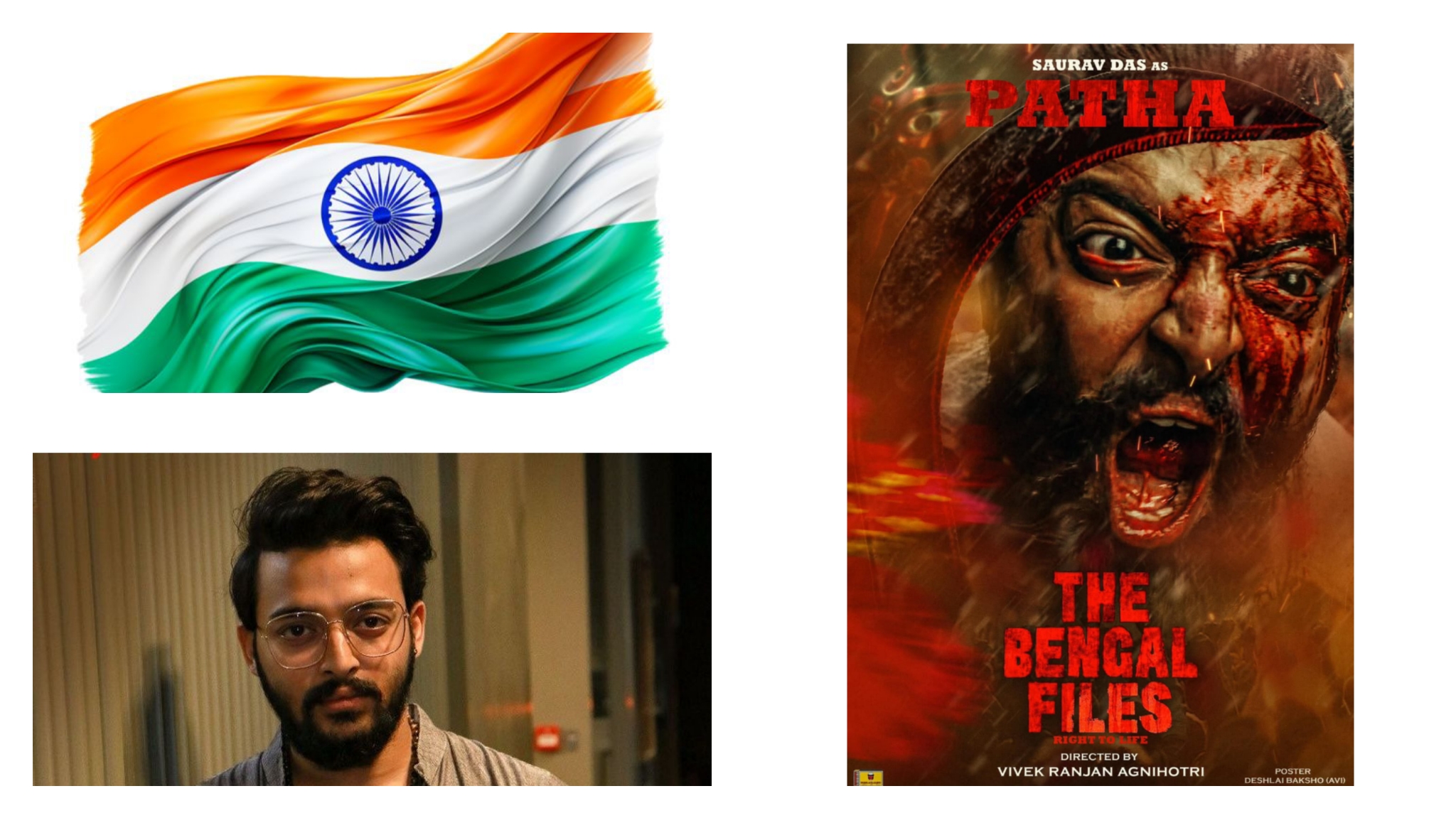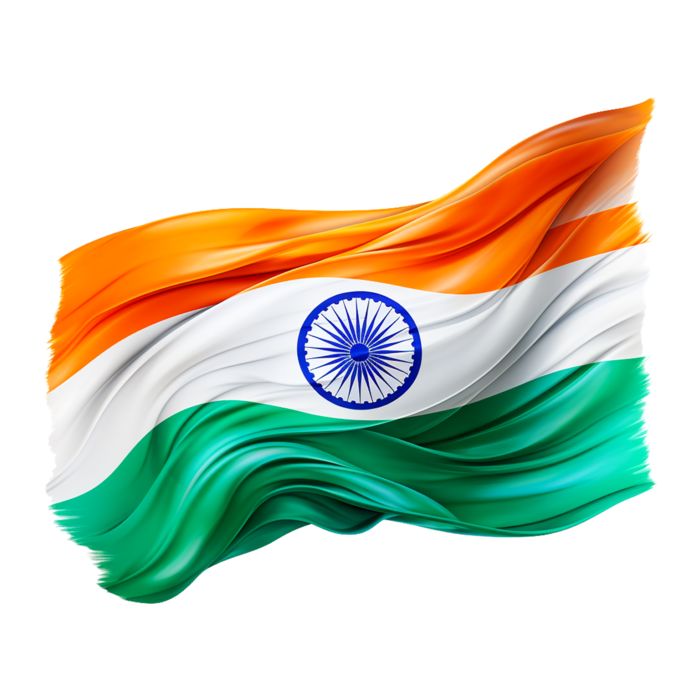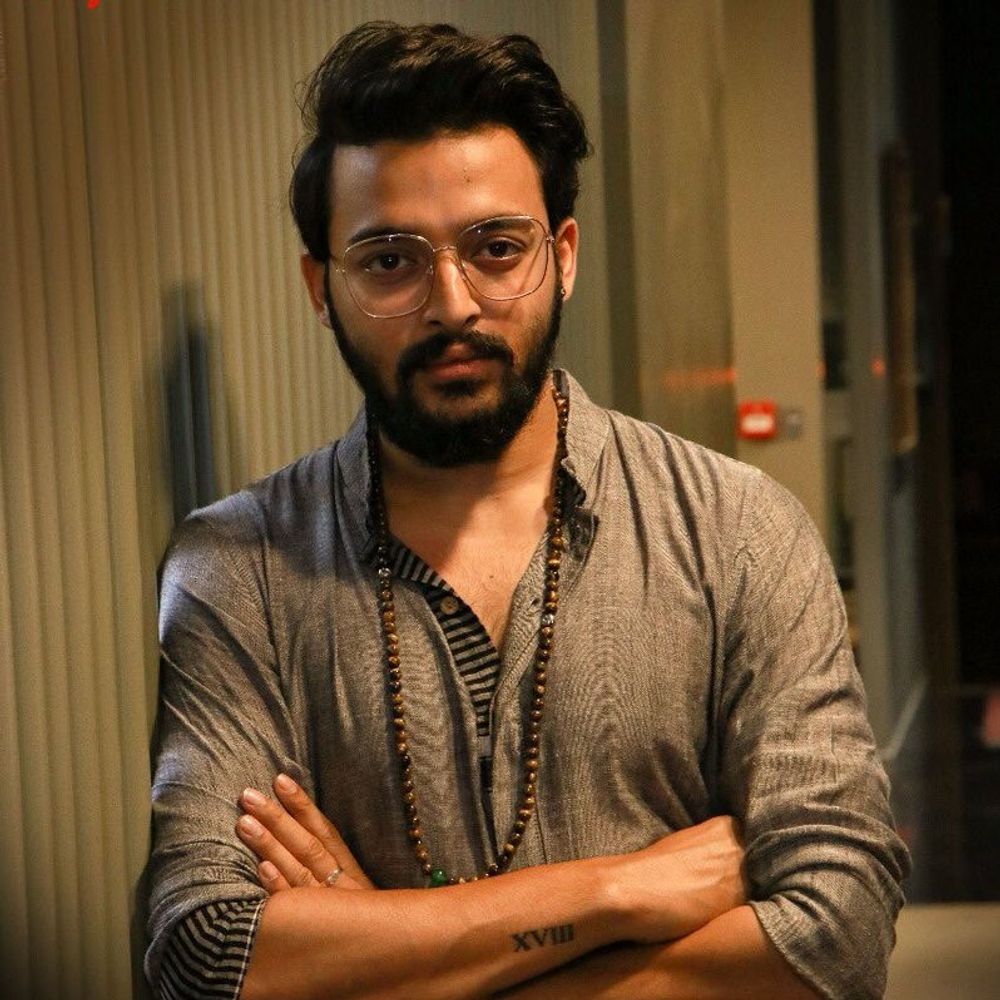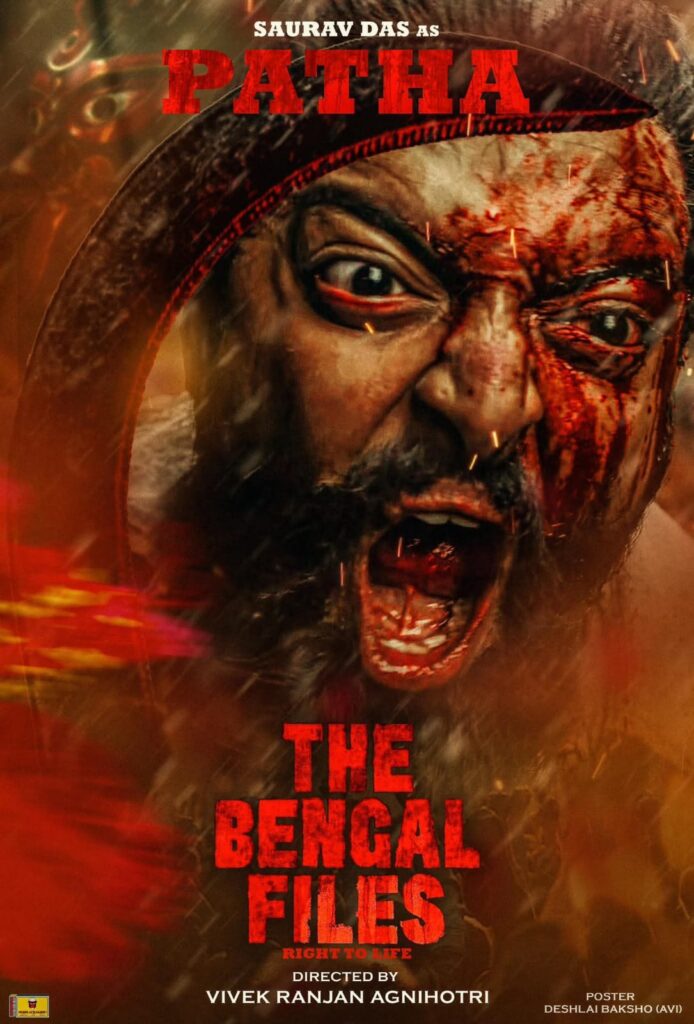
Independence Dayis a day of nationwide celebrationsin India and rightly so because thisvictory was won the hard way with countless sacrifices over centuries. Even when it finally happened, it was far from seamless as a new nation was carved out of the existing one. The mood could hardly have been one of joyous celebration as the country plunged into despair and mayhem marking another dark chapter of our national history.

Thankfully, today we live in far better times as citizens of a free nation. This Independence Day when you step out in your ethnic wear that’s perfectly on point with the National colours – saffron, white, and green -withothers in your neighbourhood, educational institution, or workplace,why not take a pause and remember the passion and sacrifices of countless souls that enabled the celebration?As you watch the National Flag unfurl and sing the National Anthem with gusto take a big lungful of “free” air and rememberthe same scene a century back was absolutely unthinkable.
How India won her independence is a long and rich narrative. Most of us know the outline – how the British first arrivedas traders and gradually went on to establish the largest commercial establishment in the land – the British East India Company. After a fairly short time, the same traders and businessmen came to assume political and administrative power over the nationand became rulers while the original inhabitants became subjects.The British East India Company had slipped into the role of the British Raj.The transformation was complete.
How did this happen? Through a series of well-thought-out strategic events that involved shrewd political manoeuvering, ruthless military conquest and subjugation, strength of economic dominance, a biased and largely flawed administrative and legal system…the list goes on.
History is important as it teaches valuable lessons. Modern Indian history teaches us quite a few. From valuing our freedom to the importance of resilience, courage, and strength of unified resistance against a common enemy.
In this blog, Camongo spoke to Saurav Das on his thoughts on Independence Day, freedom, unsung heroes, and his role in his forthcoming film, The Bengal Files.
1.Camongo: What does Independence Day signify for you personally?
Saurav Das: Independence Day for me signifies what it does for every individual who loves India – the pride of living in a free, independent nation. Of course, it does make you wonder if all of us are actually being able to live and enjoy freedom in the sense that it ought to be. However, as one who prefers to look at the brighter side of life, I realize that we live in much better times than our country people did in pre-Independence times. This, in itself, is a huge privilege. It is a privilege that we should acknowledge and treat with responsibility.
Over all, it’sa day to feel proud of being an Indian, revel in the feeling of living in an independent nation, and remember our patriots with reverence.

2. Camongo: With every passing year, the youth are forgetting the sacrifices our ancestors made for our independence. Why must each Indian, irrespective of caste, gender, religion, remain aware and alert about our nation’s independence and those who made it happen for us?
Saurav Das: Well, I have my reservations about this and I like to believe that this really is not the case. The current generation is aware and proud of our national independence struggle and history and of the contributions of our patriots. This national fervourextends far beyond state and regional boundaries. While in Bengal our youthtake pride in thestate’s illustrious historical figures, we also reverentially acknowledge the contributions of our other national heroes.
Remember this – when our country people were fighting the atrocities of British Raj, they came together as a formidable united front. It was simply Us against Them. No caste, no creed, no regionality, neither gender nor religion stood in the way. It was one unified movement that strived for independence. The same unity should remain in independent India.
3. Camongo: There are countless unsung heroes (all genders taken collectively) of Indian independence. Do you think current entertainment mediums and social media are bringing their stories alive for us today? Are you optimistic this trend is likely to continue?
Saurav Das: I feel we live in pretty interesting times when social media has come into a league of its own. It is reaching out to millions of people and making them aware of facts they may not have even heard of before. I feel creators have a big role in making content on the very enriching subject of our Indian Independence struggle that is so vast, diverse, and inspirational. Creators should definitely keep exploring and researching this subject and bring more and more stories of unsung historical figures to us. This is a vast landscape that one can never fully tour in one’s lifetime. I feel we should be immensely grateful to be able to live in a free nation where we can create content of our choice and distribute it easily.
4. Camongo: How intense was it for you to play the role of the legendary Gopal Chandra Mukherjee in your forthcoming film, The Bengal Files?
Saurav Das: Extremely rigorous. To bring alive the character of Gopal Chandra Mukherjee or ‘Gopal Patha’ as he was commonly referred to was a challenge of the highest order. I was playing a persona who remains larger-than-life till this day for his contribution during the Direct Action Day. I was aware that if I failed in my attempt, I would never be forgiven for it. Keeping this in mind, I have tried my best to get under the skin of the character. The experience was outstanding, and the memory of it will remain with me forever. How we perceive Gopal Patha may be debatable but his role at an extremely critical time for the nation, particularly for Kolkata (between 16 -19 August, 1946) is undeniable. You may hail his action as heroic or you may condemn it – it’s your perspective. But you cannot brush it away. It is a part of our history. He is a part of our history. We are fortunate to live in a free nation where went only have our own opinions but also express them. I hope when people view me in the role of this historical character, it will make them think for themselves, hopefully do a little research on their own, and then come to a conclusion about what they think is right. Personally, I poured my heart out in portraying the exceptionally demanding role of Gopal Chandra Mukherjee and I hope the audience will appreciate it.

Inputs by Debosmita Bhattacharya and Neha Karmakar

Leave a Reply